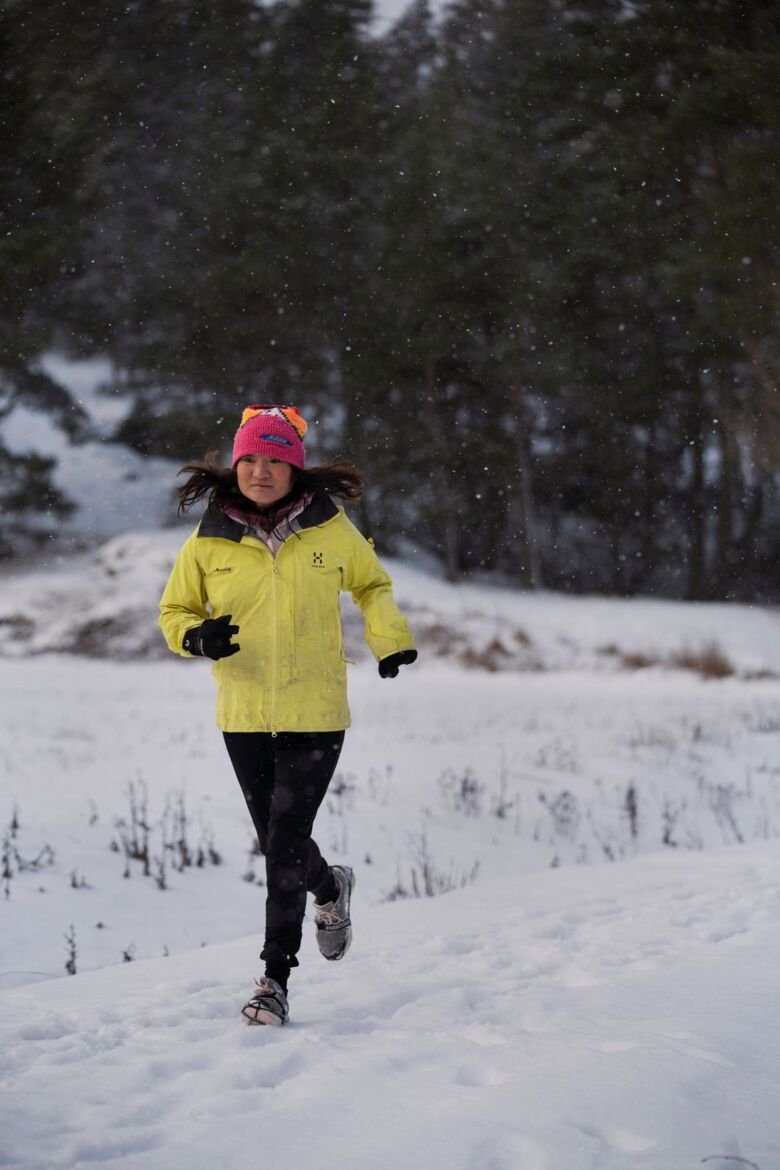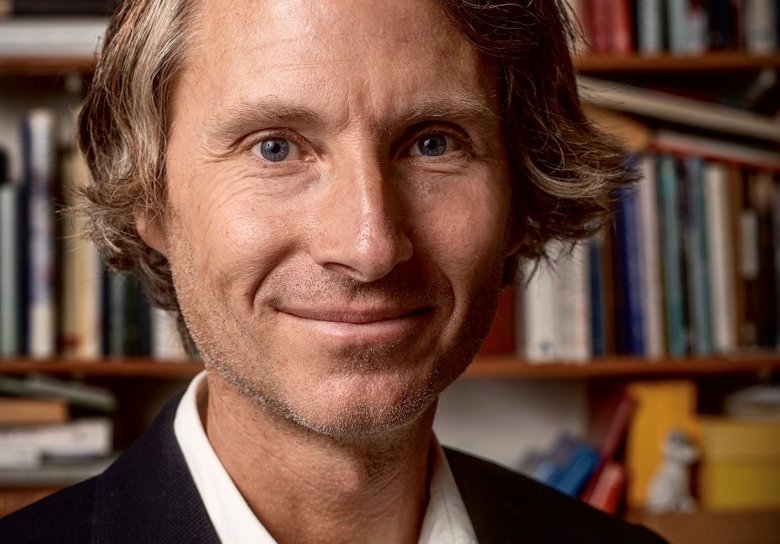“They say my high blood pressure is hereditary”
Name: Camilla Ulltin
Age: 55 years.
Occupation: Works as a social educationist.

“I’ve had high blood pressure since I was in my 20s. It was discovered during a routine examination. At first they didn’t do anything; instead they just called me back in for a new measurement. My blood pressure was still high. They did a 24-hour measurement, which showed the same thing. Since then, I’ve been on medication for high blood pressure.
I’ve always lived pretty healthy, without being super strict – I like sweets and drink wine sometimes. But I simply don’t like unhealthy food, so I don’t think I’m giving up anything when I eat a lot of vegetables. I’ve never smoked and I’ve always liked to move. I work as a social educationist with young people who need help and support, and it can be stressful – but I don't think it’s more stressful than other jobs and I really like what I do. So it’s hard to understand why I got high blood pressure so early in life. I’ve been told it’s hereditary. But since I’m adopted, I can’t verify that.
Now I’m 55 years old and I’m on two blood pressure medications. At the last measurement, my blood pressure was 120/70, so that’s really great. I have no side effects from the drugs. In the past I was prescribed beta blockers, and they were hard to take. They made me really tired. But since those were replaced, my medications aren’t something I think about.
I’ve had some other heart problems in recent years. A few years ago I developed atrial fibrillation, and during treatment for that it was discovered that I have a sick sinus node. At the end of last year, I had a pacemaker implanted.
I think my high blood pressure is connected to all this, but I don’t know how. I think very little about my blood pressure these days. It’s overshadowed by my other heart problems. But I'm glad it’s so good.”
Text: Annika Lund, first published in Swedish in the magazine Medicinsk Vetenskap no 1/2021.
 Photo: Andy Liffner
Photo: Andy Liffner“We know too little about blood pressure in atrial fibrillation”
Joakim Olbers is a cardiologist and has recently presented a thesis on blood pressure in atrial fibrillation, in which the rhythm of the heart becomes irregular.
